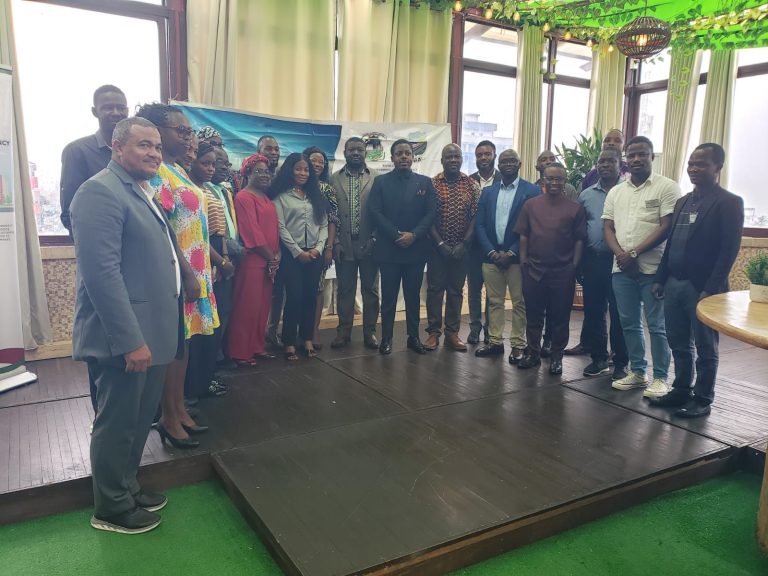Posts Categories
Latest Posts

Monrovia, August 26, 2025 — The Environmental Protection Agency of Liberia (EPA), in partnership with Conservation International (CI), on Tuesday, August 26, 2025, convened a one-day National Validation Workshop on the Liberia Capacity Building Initiative for Transparency (CBIT) Phase II Project at the Boulevard Palace Hotel in Monrovia.
The workshop brought together government ministries, development partners, civil society groups, and other stakeholders to review and validate the draft design of the CBIT II Project Preparatory Grant. The project seeks to strengthen Liberia’s institutional, technical, and human capacity to comply with the transparency requirements of the Paris Agreement.
Delivering the opening remarks on behalf of EPA Executive Director/CEO Dr. Emmanuel K. Urey Yarkpawolo, Mr. Arthur R. M. Becker, Director of the Department of Multilateral Environmental Agreements (MEAs) at the EPA, described the event as a “significant milestone” in Liberia’s climate journey. He stressed that the workshop is crucial in building an effective national Monitoring, Reporting, and Verification (MRV) system, improving data collection, enhancing sectoral coordination, and ensuring transparent climate reporting.
Mr. Becker reminded participants that the first phase of the CBIT project laid a solid foundation for Liberia’s climate transparency efforts. However, he noted that much more remains to be done, which is why CBIT Phase II is vital. He called on all stakeholders, particularly key Nationally Determined Contributions (NDC) sectors, to provide co-financing support letters to strengthen the project’s implementation.
Speaking on behalf of Conservation International, Mr. Roger Emmou, Director of Program Delivery for West and Central Africa, reaffirmed CI’s strong partnership with Liberia in addressing climate challenges. He explained that the CBIT project is not only about meeting international obligations but also about ensuring that Liberia has the right tools, systems, and capacity to track its own climate progress.
Mr. Emmou emphasized the importance of accurate data collection and transparency in reporting, noting that these are critical for attracting international support and ensuring accountability. He further assured that Conservation International will continue to provide both technical and financial support as Liberia works to strengthen its MRV system and advance its climate commitments.
Also delivering remarks, Mr. Abraham Tamba Tumbey, speaking on behalf of the United Nations Development Programme (UNDP), pledged UNDP’s full backing for the project. He noted that transparency and accountability are key pillars in the global climate fight and stressed that Liberia’s commitment to improving its reporting systems will help the country benefit from climate financing and international partnerships.
Mr. Tumbey encouraged stakeholders to engage actively in the process, stating that the lessons learned and systems built under CBIT Phase II will play a long-term role in helping Liberia meet its development goals while protecting the environment. He assured that UNDP remains ready to work hand in hand with the EPA and all partners to ensure the project’s success.
The workshop agenda featured presentations on the CBIT project overview, discussions on the results framework (components, outcomes, and outputs), group work sessions for stakeholder feedback, and plenary presentations.
Some of the participants call for collective efforts to ensure Liberia meets its climate commitments under the Paris Agreement.
